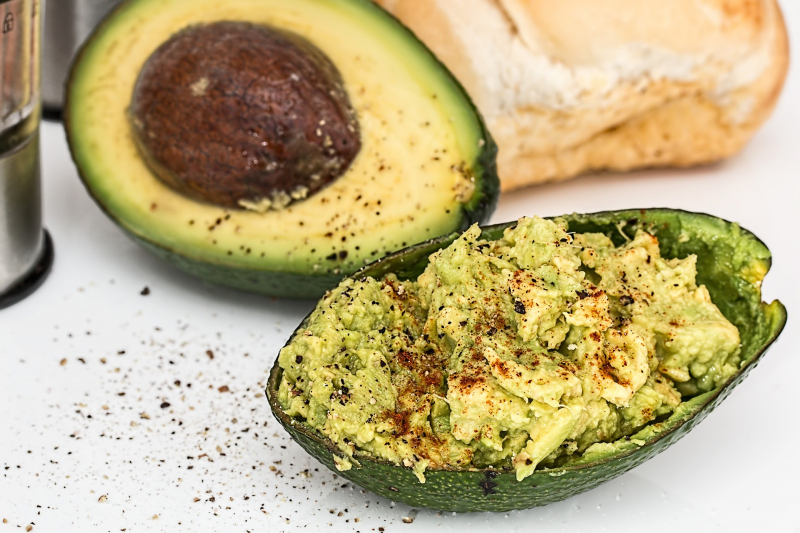Avocado
As you may know, high fiber foods help reduce appetite, decrease the risk of high blood pressure, and serve to lower your cholesterol levels. So does avocados - high in fiber, which promotes loss of body fat and raise metabolic health.
Can not deny that avocado is a fruit rich in minerals and vitamins, even rich in natural monounsaturated fats. This fat, called oleic acid, is good for the heart and reduces inflammation. The fat in avocado also promotes the burning of more fat and calories in the body, so it does not increase weight but also helps to lose weight effectively. This miracle fruit also contains a lot of fiber, which slows down the digestion process in the stomach, makes you feel full for a long time, and limits hunger.
Everything has two sides so does it? If you eat avocado as much as you want, the calorie content of the body will increase fastly. Therefore, the way you eat more or less will affect the results of weight gain or loss. Should control the amount of food and follow a reasonable diet.
Many research has shown that eating an avocado at lunch reduces cravings for 5 hours afterward. Americans often put avocado in salads, as ingredients for sandwiches and eggs, use them as a baking substitute for eggs, mix them into smoothies, and eat them straight out of the peel with a touch of salt. They usually eat breakfast – the best time to absorb nutrients and don't get bloated after eating.
Nutrition facts in 100 grams of avocado:
- Vitamin K: 26% of the Daily Value (DV)
- Folate: 20% of the DV
- Vitamin C: 17% DV
- Potassium: 14% of the DV
- Vitamin B5: 14% of the DV
- Vitamin B6: 13% of the DV
- Vitamin E: 10% of the DV












